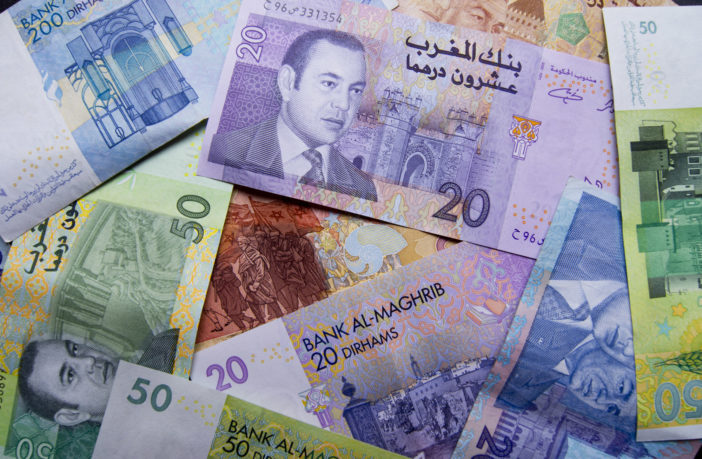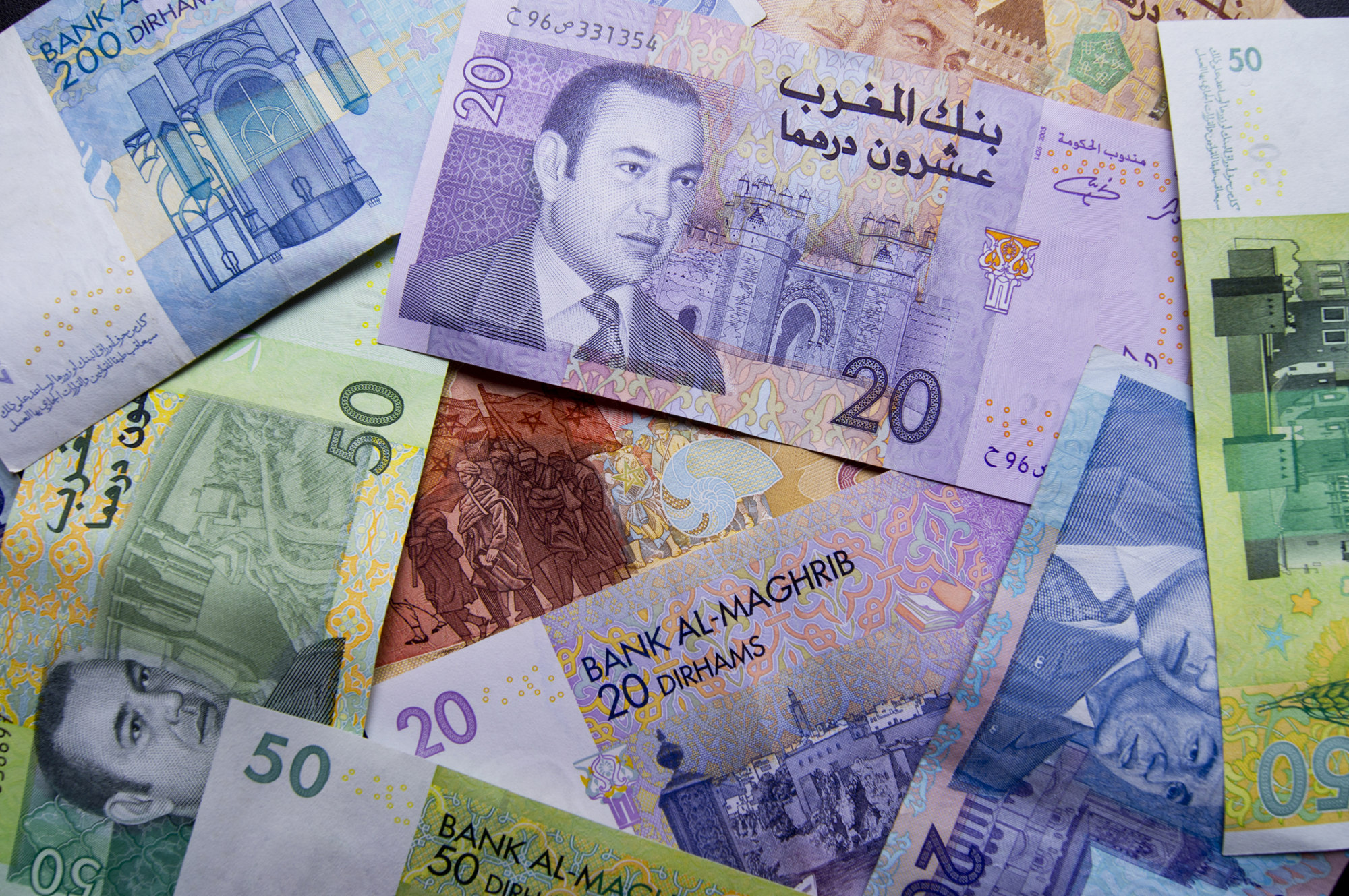Bloomberg
More stories by Lin Noueihed
Morocco will adopt a more flexible exchange rate from Monday as part of a long-awaited plan aimed at boosting the competitiveness of the North African nation’s economy.
Bank Al-Maghrib, Morocco’s central bank, said in a statement it would widen the official band within which the dirham fluctuates to 5 percent, with a maximum daily moves of 2.5 percent above or below the official rate. The dirham is currently allowed to fluctuate within a much narrower band of 0.3 percent either side of the peg. The central bank will set a new reference price for the dirham on Monday.
“This is part of broader monetary reform aimed at enhancing the competitiveness of our economy and meeting our development plan objectives,” government spokesman Mustafa Khalfi said in a telephone interview before the official statement was released. Moroccan officials have said that the move will help the country’s efforts to transform itself into a regional hub and a business gateway to Africa.
The International Monetary Fund had urged Morocco to move ahead with its plan as soon as possible.
The central bank said the measure was part of a broader plan to open up the Moroccan economy and aimed to make it more resistant to external shocks as well as helping to boost growth. “This reform accompanies the structural changes that the national economy has seen in the past years,” it said.
No Currency Crisis
The dirham is pegged to a two-currency basket weighted 60 percent to the euro and 40 percent to the U.S. dollar. It closed at 9.25 on Friday. Morocco’s central bank has been promising exchange rate liberalization for years, and the move had been expected in the second half of 2017. As the year went on, it became increasingly clear that the step would be delayed.
Unlike nearby Egypt, which floated its pound in November 2016, Morocco isn’t facing a currency crisis and wasn’t under pressure to take immediate action. It has an investment-grade credit rating and an expanding private sector.
Economic growth is expected to have averaged 4.1 percent in 2017. Headline inflation is estimated at 0.7 percent in 2017, down from 1.6 percent in 2016. Foreign exchange reserves, which faced pressure in 2017 due to uncertainty over the move, have stabilized at a level sufficient to cover five and a half months worth of imports.
Egypt, by contrast, faced plummeting foreign reserves and a severe dollar shortage that all but paralyzed trade. Imbalances led to a ballooning black market for dollars, piling downward pressure on the pound before most controls were lifted. The pound has halved in value since the float, driving inflation to record levels above 30 percent.
Morocco isn’t imminently expected to float the dirham.








